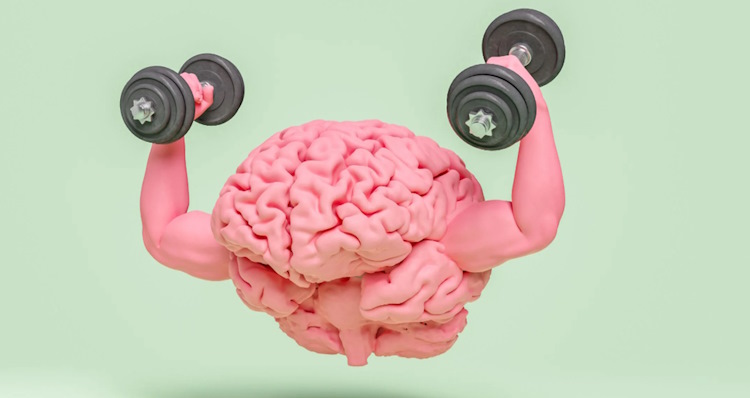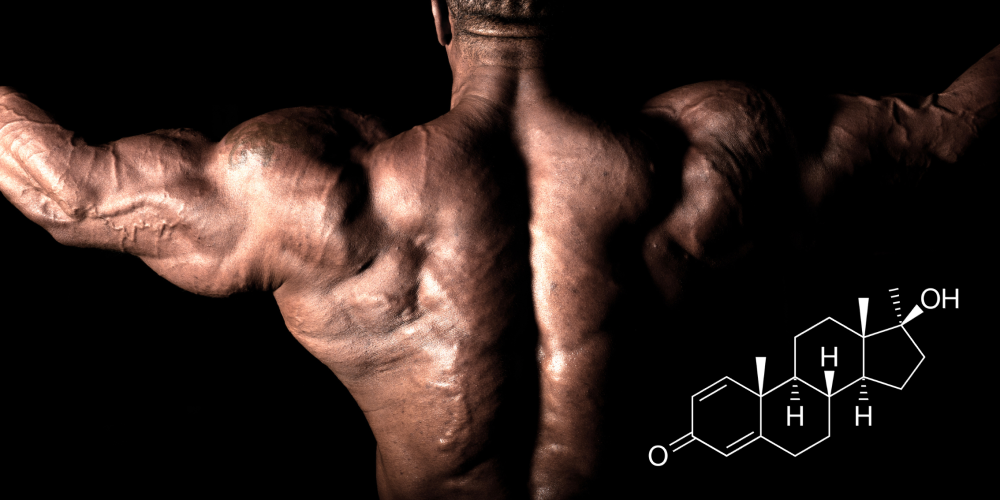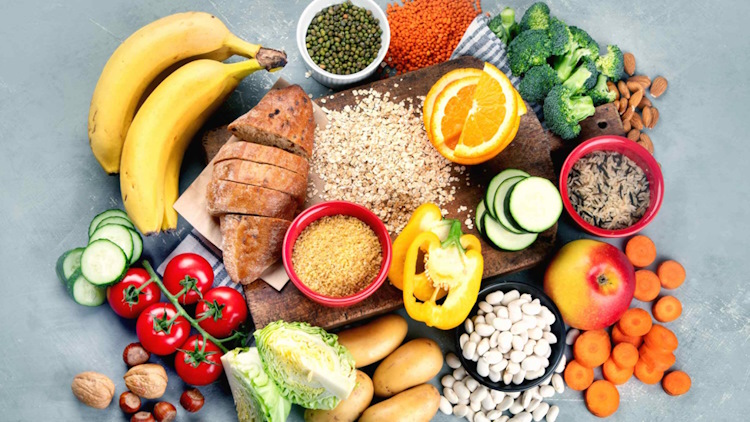Can brushing your teeth affect your appetite?
Maintaining a solid oral hygiene routine not only keeps your mouth healthy, freshens your breath, and brightens your smile but has also sparked discussions regarding its potential impact on appetite. While some individuals claim that brushing reduces their appetite, others argue the opposite – claiming an increase in hunger post-brushing. Well, the question remains: does the act of tooth brushing really influence our appetite?
Dietitians have been exploring the possible correlation between tooth brushing and appetite, yet current findings do not provide conclusive evidence of a direct link. An article published by Popular Science in 2017 ago highlighted an investigation into tooth brushing and appetite, indicating that there is no definitive proof that tooth brushing affects the hormones regulating appetite. However, it’s crucial to note that this phenomenon has not undergone extensive testing or research yet.
Several factors may contribute to varying claims about appetite changes associated with tooth brushing:
Time of the day
Many people brush their teeth in the morning before breakfast. Over time, the brain gets accustomed to this routine, anticipating food after brushing, leading to feelings of hunger. On the other hand, brushing at night signals to the brain that sleep is imminent, reducing the desire for food. It depends whether your brain has associated more strongly the act of brushing your teeth with waking up or going to sleep;
Type of toothpaste
The flavor of toothpaste, often minty, may stimulate the digestive system’s preparation for food. While this alone may not be enough to trigger appetite, the addition of a tantalizing aroma could subconsciously make someone feel hungry, mistakenly attributing it to the act of brushing;
Chemical reactions
Certain toothpaste formulations include sodium laureth sulfate in order to provide a foamy texture in the mouth. This ingredient, however, suppresses sweet receptors while intensifying bitter ones. For example, consuming citrus after brushing may taste off, potentially reducing appetite subconsciously;
Despite these theories and considerations, there is insufficient experimental data to establish definitive links between tooth brushing and appetite. It is plausible that the factors mentioned may have a cumulative effect, collectively influencing hunger. Mental conditioning, where the brain anticipates what follows tooth brushing, whether it be food or sleep, might also play a role. The consensus is that more extensive testing is necessary to draw concrete conclusions.
In conclusion, the relationship between tooth brushing and appetite remains an intriguing subject with varying claims and theories. Factors such as the time of day, type of toothpaste, and potential chemical reactions may contribute to individual experiences. The need for further research is evident to explore more deeply the details of this interaction and draw more concrete conclusions. Regardless of these debates, the importance of maintaining a consistent oral hygiene routine should not be neglected. Brushing at least twice a day, along with supplementary practices, remains crucial for overall oral health and well-being. So, whether tooth brushing sparks hunger or not, the commitment to good oral hygiene is very important for a healthy and vibrant mouth.









